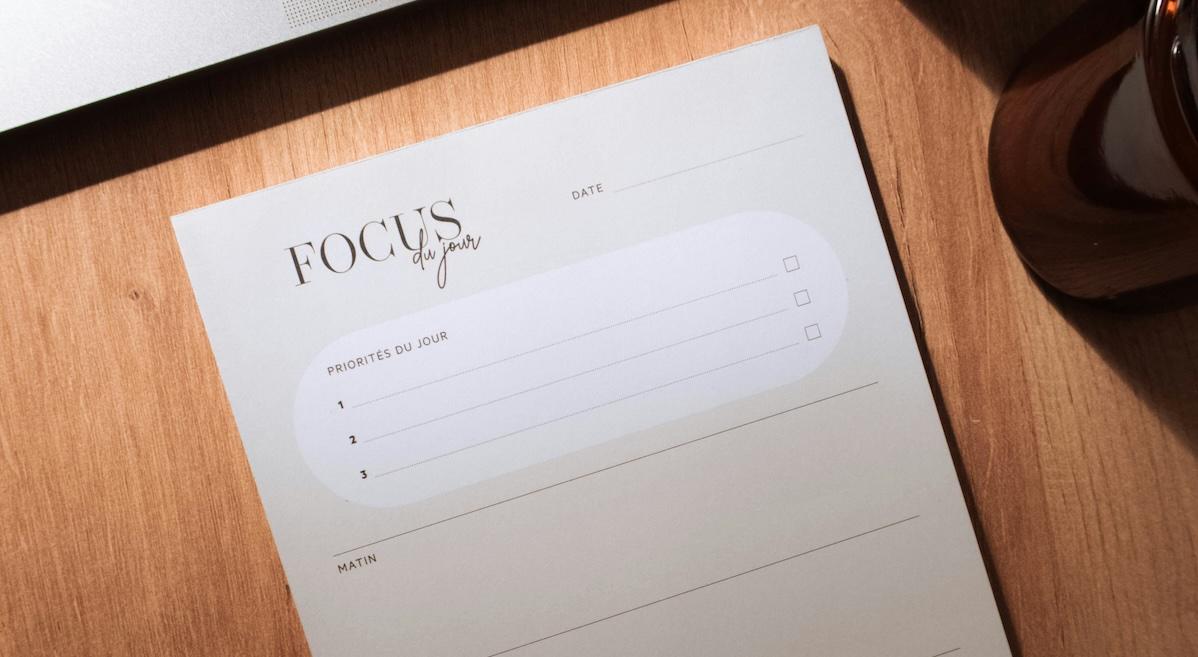Top Effective Stress Management Techniques for Recovery
Mile High Recovery Center promotes a compassionate and judgment-free environment.
Updated May 14 2025, 3:47 p.m. ET

When you're facing the challenges of recovery, stress can quickly become your biggest enemy. Your brain's response to stressful situations directly affects your ability to maintain sobriety, often triggering the same pathways that once led to substance use.
By incorporating effective stress management techniques into your daily life, you'll create a protective buffer against relapse. The right strategies don't just help you survive difficult moments — they transform your entire approach to recovery.
Understanding Stress and Its Impact on Recovery
Stress, usually a factor that contributes to substance abuse, presents a considerable challenge to recovery due to its physiological and psychological effects.
During addiction recovery, stress triggers the release of hormones like cortisol and adrenaline, which can negatively influence both mental and physical well-being.
These hormones are associated with activating fight-or-flight responses, which can impair decision-making and emotional regulation, increasing the risk of relapse.

Chronic stress can also weaken the immune system and worsen conditions such as anxiety and depression, which are common difficulties faced during recovery.
Managing stress effectively during recovery necessitates the development of new coping strategies.
Without these strategies, individuals may experience heightened cravings and a possible return to previous maladaptive behaviors. Recovery centers like Mile High Recovery Center provide you with the tools to manage stress effectively and help you on your journey to recovery.
Run by a passionate team of skilled professionals, Mile High Recovery Center promotes a compassionate and judgment-free environment, ensuring your best chances of recovery.
Developing Healthy Daily Routines
Establishing a healthy daily routine is a fundamental component of a successful recovery process.
Following a structured time management program can reduce decision fatigue and help conserve mental energy for significant challenges.
Adding regular physical activity and balanced meals to your daily schedule is an effective way to manage stress levels.

Practicing mindfulness practices such as breathing exercises and meditation can enhance emotional well-being and resilience.
Sticking to predictable schedules can help develop healthy boundaries and mitigate anxiety associated with unexpected events.
A well-structured routine also allocates necessary time for self-care, allowing individuals to focus on future steps rather than current frustrations.
The Power of Physical Activity in Stress Reduction
Physical activity is a significant natural method for managing stress during recovery from addiction.
Regular exercise leads to the release of endorphins, which can help mitigate the effects of stress-related hormones such as cortisol.
This biochemical response can reduce anxiety and enhance mental focus.
Engaging in 30 minutes of daily physical activity—such as walking, yoga, or kickboxing—can positively influence the nervous system's reaction to stressors.
Exercise also serves as a constructive strategy for managing stress, which is important when facing the challenges associated with addiction recovery.
It has been linked to improvements in sleep quality, a reduction in muscle tension, and increased energy levels, with some studies indicating up to a 20% increase.
These benefits contribute to effective stress management, which can be a key factor in preventing relapse and supporting the recovery process.
Mindfulness and Meditation Practices
Mindfulness and meditation are also effective tools for stress management, particularly when used alongside physical activity. Practicing mindfulness involves observing thoughts without judgment, which can help in managing cravings during recovery from addiction.
Engaging in regular meditation can lead to a shift in emotional state, reducing feelings of anger and promoting a sense of well-being.
This practice is beneficial in managing stress, which is a critical component of addiction treatment. Daily mindfulness exercises improve awareness of one's thoughts, enabling better coping mechanisms for dealing with stress by improving how one responds to challenging situations.

Specific techniques, such as body scans, can activate the relaxation response, which may help lower stress hormone levels and improve mental health outcomes.
Constant practice of transcendental meditation has been shown to decrease anxiety and promote emotional stability. This can help maintain sobriety by helping individuals stay focused on the present moment.
Building a Supportive Recovery Network
Establishing a supportive recovery network is a crucial component in managing stress and reducing the risk of relapse.
Participation in 12-step programs and support groups can help foster a sense of belonging, which can mitigate feelings of isolation and anxiety.
A well-structured support system can offer valuable insights into stress management and help individuals cope with cravings by sharing common experiences.
Consistent attendance at Recovery Center meetings is important for strengthening relationships and building emotional resilience.
These environments create opportunities for forming meaningful connections with individuals who've had similar experiences.
It's advisable to seek assistance during periods of vulnerability, as your network is designed to provide both practical advice and emotional support when needed.
Finding Joy Through Engaging Activities
Engaging in activities that bring genuine joy can be a major aspect of the recovery process.
Social interactions, such as spending time with friends or participating in groups whose members share similar interests, can help reduce stress hormones and provide substance-free social opportunities.
Creative activities, such as gardening or cooking, are effective therapeutic outlets that can help alleviate feelings of being overwhelmed.

Additionally, spending time in nature and volunteering can naturally enhance one's mood and promote a healthy sense of belonging.
These activities do more than serve as mere distractions. They contribute to improving quality of life by fostering emotional resilience and aiding in the construction of a new lifestyle.
Optimizing Sleep for Better Stress Management
Quality sleep is vital in the recovery process due to its role in managing stress and resetting the nervous system.
When high stress levels activate the body's fight-or-flight response, adequate sleep helps recalibrate this system.
Establishing a consistent sleep routine is important as it regulates the body's internal clock, potentially reducing stress by 20–30%.
During recovery, insomnia is a common issue, affecting up to 70% of individuals.
Managing stress through obtaining 7–9 hours of quality sleep is essential, as inadequate sleep can lead to health problems and increase the risk of relapse.
Prioritizing relaxation techniques, such as progressive muscle relaxation, can help alleviate long-term stress.
Connecting With Nature for Mental Clarity
Nature has a significant impact on mental well-being, particularly during recovery.
Connecting with nature can be a beneficial component of the recovery process.
Research indicates that spending time outdoors can help alleviate stress and enhance mental clarity.

While many life circumstances are beyond personal control, incorporating activities such as walking in wooded areas or visiting parks can be an effective way to reduce frustration.
Participating in outdoor activities like biking, swimming, or gardening has been shown to improve mental clarity and can be an essential part of managing recovery challenges.
Regular interaction with nature can lead to a calmer state, allowing individuals to focus more effectively on their recovery journey.
Integrating these activities into one's routine may provide substantial benefits for both mental and physical health.
Setting Boundaries and Self-Advocacy
Acknowledging one's recovery needs is fundamental in the journey of drug and alcohol recovery, and setting boundaries is a key component in maintaining mental health.
Establishing clear limits isn't merely about voluntary compliance. It’s also essential for self-preservation.
By implementing personal boundary-setting techniques, individuals can effectively prevent burnout, particularly in high-pressure situations.
The ability to give or withdraw consent in relationships is necessary for fostering emotional resilience.
It's important to recognize situations where it's necessary to say "no," especially when external demands contribute to stress.
Effective boundary-setting isn't just an aspect of daily life—it is key for achieving sustainable recovery and maintaining long-term sobriety.
Conclusion
You've discovered powerful tools to manage stress in recovery. When you're practicing mindfulness, staying active, maintaining routines, and leaning on your support network, you're actively protecting your sobriety. Remember, these aren't just techniques — they're essential components of your recovery journey.
By consistently implementing these strategies, you'll build resilience against triggers and create a foundation for lasting wellness and freedom from addiction.